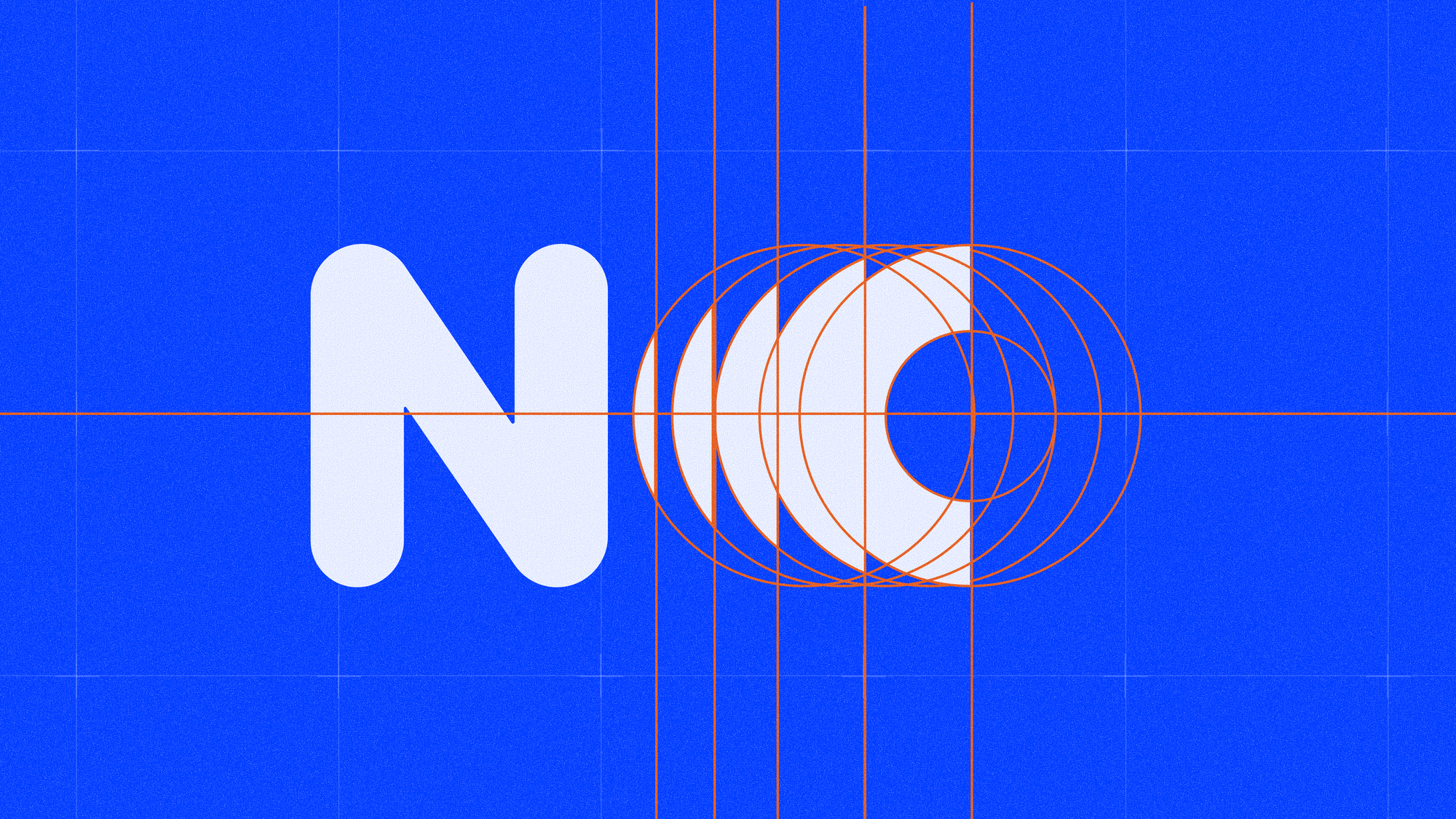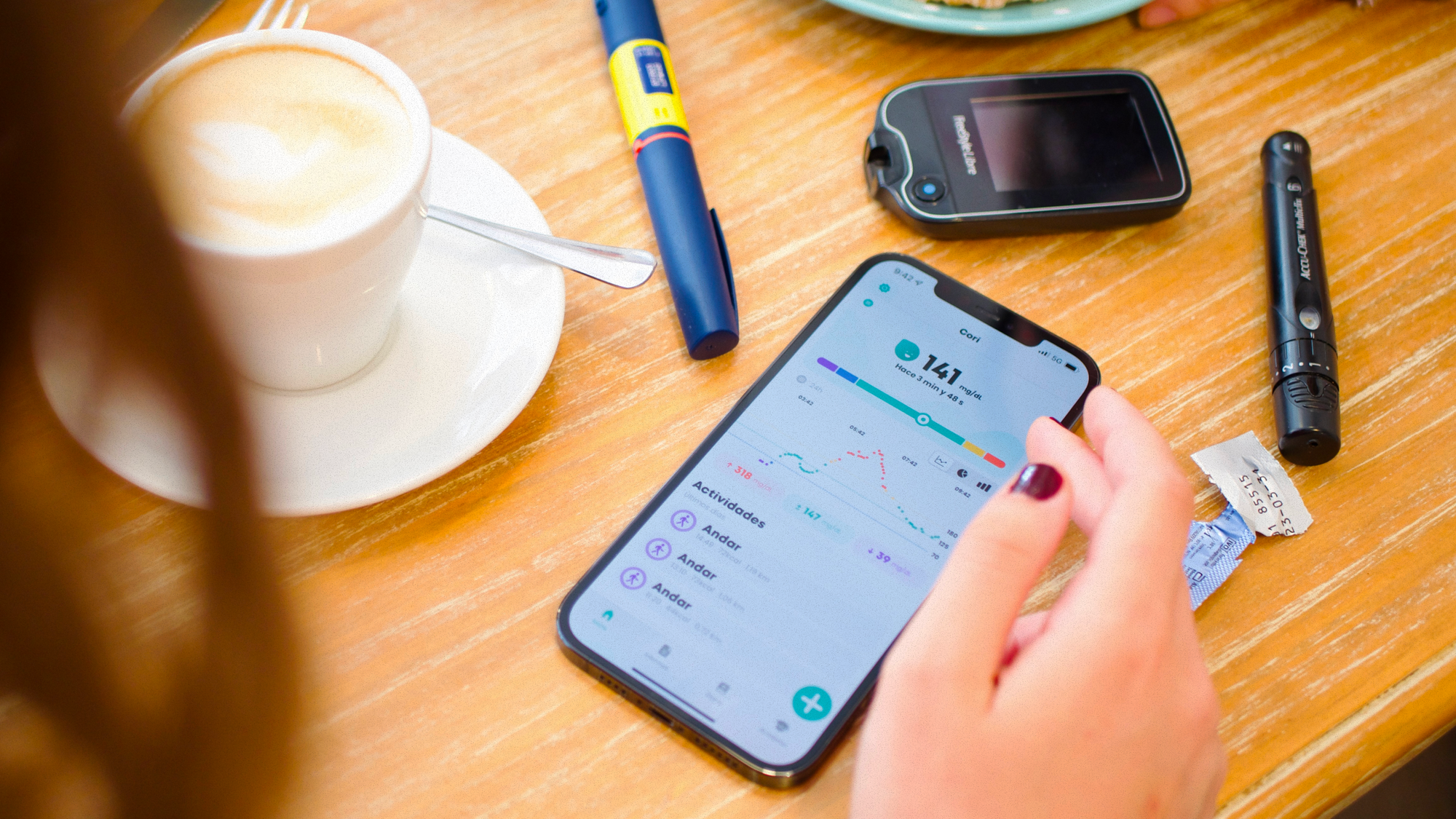The hardest feature: saying no
Saying no is harder than saying yes. Yet it’s the discipline that has shaped FitWoody 2.0 more than any feature we built. Because in the end, a product is not defined by what you add, but by what you choose to leave behind.

Building a product always begins with an oversized illusion. In our case, the first one was called Cori: an app designed to help people with diabetes manage their daily lives. Exercise, food, glucose, sleep… We wanted to cover it all.
And that’s exactly where we learned our first lesson: when you try to do everything, the product breaks.
With Cori we discovered something even harder than the technology itself: the emotional weight. Nobody likes to be reminded every day by a screen that they are sick. And that’s when we realized that maybe our place wasn’t in illness, but in prevention.

Because when a doctor tells you your blood sugar is a bit high, you’re not looking for a diabetes app. What you need is a reason to move more, to take care of yourself, to feel good again.
That’s how FitWoody was born. With a key push from Nadia, our Apple manager, who told us something so obvious we couldn’t see it: “This fits better in fitness than in health. That’s where you have space, that’s where you can grow, and the App Store will embrace it.”
She was right. But there was a risk: falling into the trap of the “mega health app”, the one that promises to track everything and ends up meaning nothing. That’s when our hardest training began: learning to say no.
The Watch, or Nothing
The first temptation came quickly: “Why not make it work with just the phone?” More accessible, more users, fewer barriers. But we said no.
Because reducing it to the phone would mean reducing it to steps. And counting steps is not training. It doesn’t deliver on the job to be done we had set for ourselves: helping you stay consistent by understanding how you really feel each day.
That’s why, at least at launch, FitWoody doesn’t work without a watch. Maybe one day we’ll rethink it, but today we believe the watch is the only place where the experience truly makes sense: real-time data, precision, closeness to the body.
We know this leaves people out. It hurts. But we also know that forcing a “yes” here would break the product’s essence.
“Every no hurts, but every no protects the focus.”
And let’s be honest: we’ve all seen someone like the character in Muertos SL, waving their arm around to hit the magical ten thousand steps. Does that really help anyone?
Nutrition: a mental burden
The other big renunciation was nutrition. People ask for it all the time: menus, calories, food logs. And it makes sense. Food affects performance, energy, recovery.
The problem is that, in practice, it would be exactly the opposite of what we want to build: a burden. Because counting calories doesn’t make you more consistent. It just makes you feel more guilty.
And let’s be realistic: it’s already hard enough to find the time and energy to train. Adding the obligation to log everything you eat? That doesn’t bring you closer to health, it just adds another layer of stress.
Balance is the key: eating well, enjoying food, keeping things healthy without obsession. Because if everything becomes a number, is that really health? That glass of wine with friends on a Friday night, didn’t it do more for your wellbeing than what the macros in an app would say?
Our job is not to monitor your fridge. Our job is to help you keep going. That’s why we said no.
The Other no’s
Along the way many ideas arrived: communities, leaderboards, challenges, stress tracking. All legitimate. All well-intentioned.
Each one had to pass the same question: Does it help you stay consistent, or pull you away from it?
A community sounds great until it turns into comparisons and noise. Leaderboards motivate a few and discourage many. Stress tracking might only make you more stressed by watching a number that labels your day.
Saying no does not mean rejecting ideas. It means protecting the story you want to tell.
Saying No Is Saying Yes
Looking back, FitWoody would not be what it is without those nos. Each one hurt in its moment. Each one defended the product’s core.
Because building a product is not about piling things on. It is about editing with courage. Limits do not subtract. They define.
FitWoody is what it is not only because of what we included, but because of what we chose to leave out. In those empty spaces, where noise could have lived, we chose silence. So what matters can be heard clearly.
If we learned anything on this road, it is that saying no is, in the end, the most honest way of saying yes.

